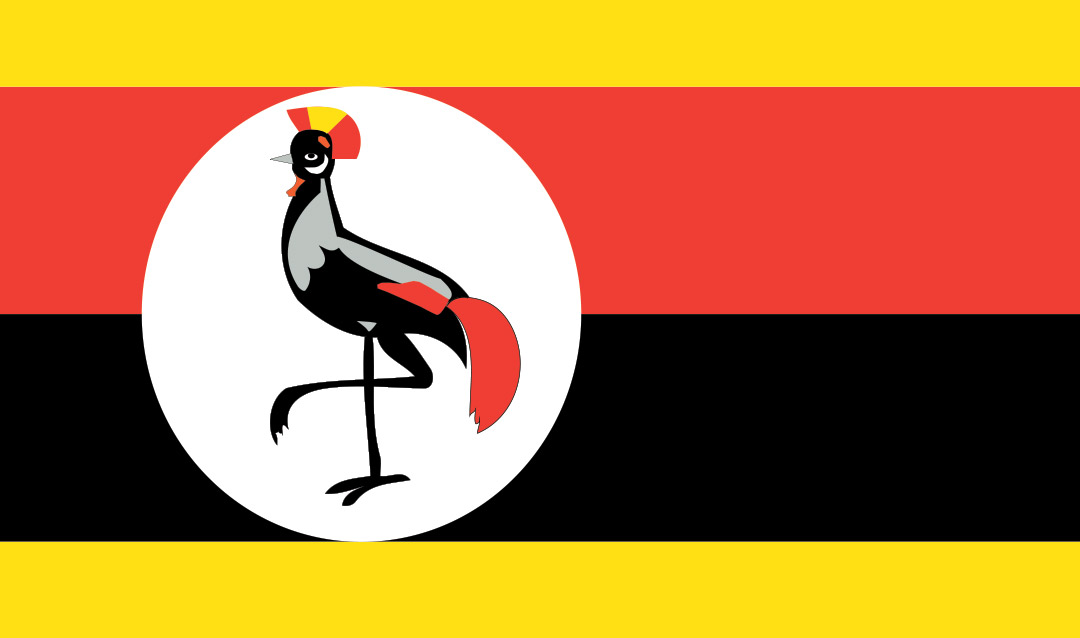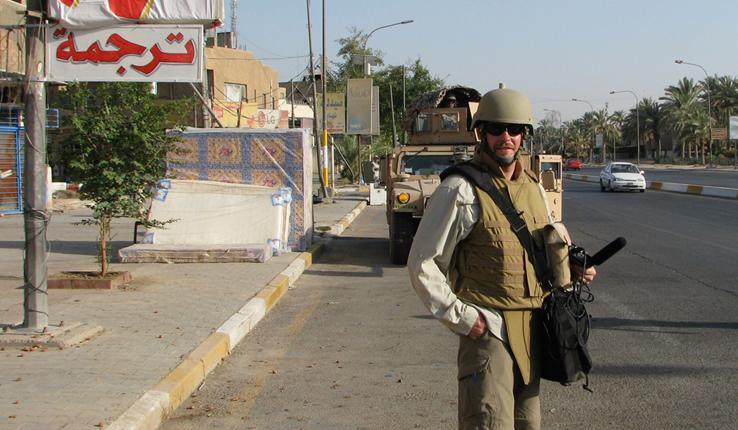As many as a million Americans travel to developing countries each year to participate in short-term medical missions (STMMs). Scholars and practitioners have voiced concerns about the value and implementation of these trips, but the conversation has been missing key voices: those of the host communities.
A Lehigh Accelerator Grant-funded project, “Enhancing the Value of Short-term Volunteer Missions in Health From Host Country Perspectives,” is the first to rely on in-country researchers to lead in the investigation of the advantages and disadvantages of STMMs from the host countries’ perspectives. The study springs directly from the prior research on effectiveness of STMMs by Judith Lasker, professor emerita of sociology and health, medicine and society, which resulted in the book, Hoping to Help: The Promises and Pitfalls of Global Health Volunteering.
Using a community-based participatory research approach to allow for country-appropriate methodology and questions, researchers in three countries—Ghana, Uganda and Guatemala— are conducting in-depth interviews with key in-country stakeholders. They are also analyzing their countries’ policies and practices with regard to visiting health teams and will be working with country officials to see how findings might influence policies.
Lehigh has been named a collaborating institution for a May 2020 international symposium, "The Ethics and Impact of Short-term Programs in Global Health: Translating Research into Action," in Geneva, Switzerland. The symposium will be hosted by the Brocher Foundation and will bring the researchers from Ghana, Uganda and Guatemala together with officials from international organizations to look at how the research findings can be translated into effective policy at national and international levels for appropriate use of resources for STMMs.





